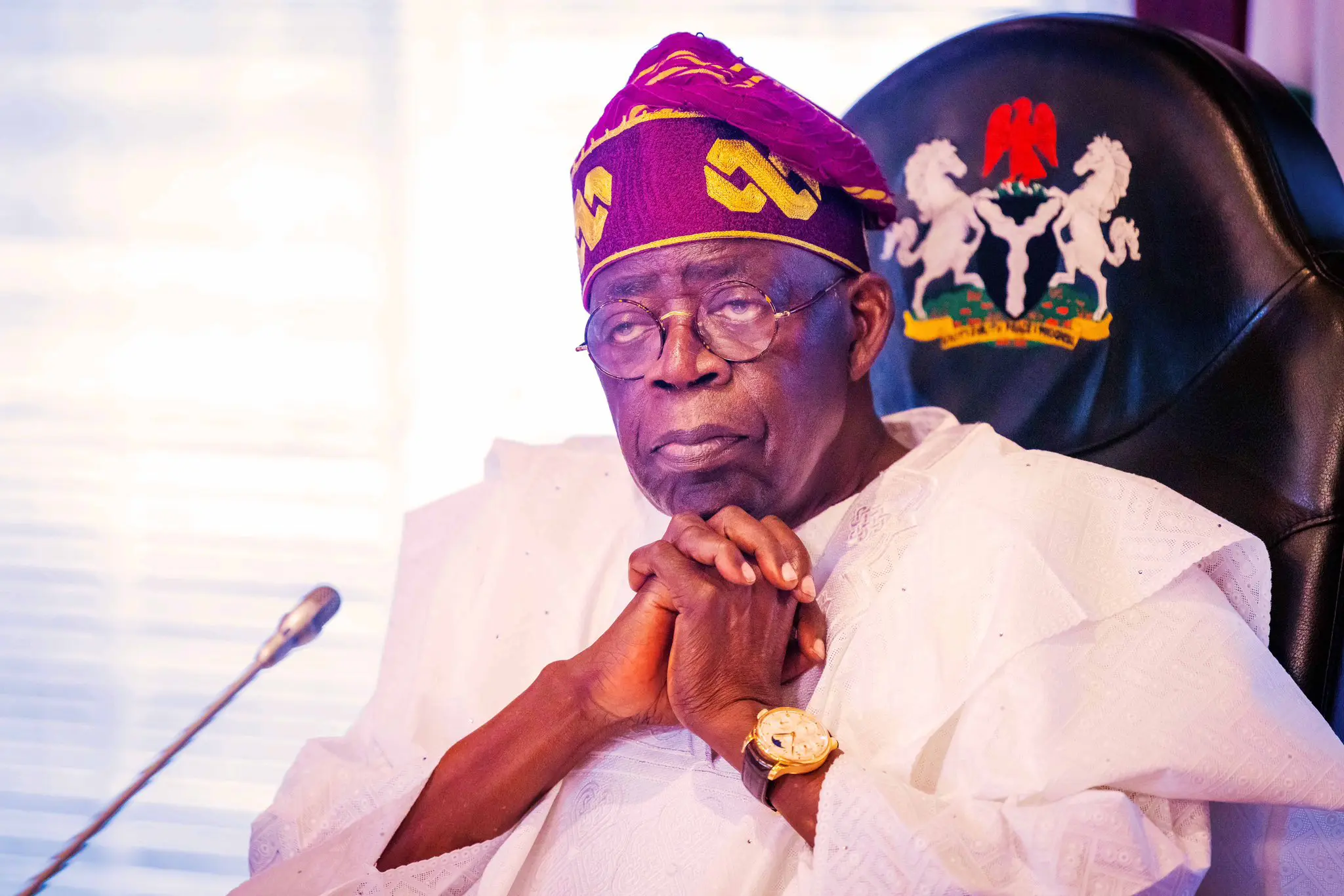There is no doubt that one of the most significant challenges facing Nigeria today is insecurity, such as insurgency, banditry, terrorism, kidnapping for ransom and other forms of violent attacks. From 2011 to mid-2023, these violent acts claimed countless lives, instilling widespread fear and tarnishing Nigeria’s global image and reputation.
The current administration, under President Bola Ahmed Tinubu, inherited these crises, and while some progress has been recorded, the attacks have persisted, particularly in states like Borno, Kaduna, Katsina, Niger and Sokoto.
Tackling insurgency is not an easy task. It’s a complex, herculean effort that requires strategic coordination between security agencies and civilian cooperation. However, in Nigeria, corruption, reluctance among the citizenry, and a lack of trust have stalled collaborative efforts, allowing criminal elements to undermine the military’s progress and wreak havoc on all facets of our lives, including health, education and physical infrastructures of the economy.
Despite these obstacles, in recent months, the Nigeria’s military has launched more aggressive operations targeting terrorists, resulting in substantial breakthroughs, particularly in the Northwest and Northeast regions, where many terrorist groups operate. These military campaigns have yielded results, including the elimination of notorious bandits and insurgents.
- Trump and Musk can bring peace to golf – McIlroy
- Invictus Games: FG, African Unconquered Foundationseal deal on wounded soldiers’ empowerment
According to the Minister of Defence, Alhaji Mohammed Badaru Abubakar, over 9,300 bandits and insurgents have been killed, and 7,000 of them arrested so far. Among those neutralised were key figures including the notorious bandit leader and arms supplier, Kachalla Halilu Sububu; Buhari Halidu, otherwise known as “Buharin Yadi”; one kingpin commonly called Dangote, killed in a gun battle with Kachalla Dankarami’s camp along the Dumbunrun Forest between Batsari and Jibia LGAs of Katsina State; Boderi Isyaku, responsible for the kidnapping of 39 students of the Federal College of Forestry Mechanisation, Afaka, Kaduna and the attack on the Nigerian Defence Academy (NDA), Kaduna, in 2021; and Kachalla Dan Chaki.
Others were Dogo Gudali, Dogo Rabe, Alhaji Auta, Kachalla Ruga, Rufai Maikaji, and a bandit leader simply referred to as Ya’u, who was killed in an ambush by the troops at a strategic crossing point in Burra, Ningi, Bauchi State.
The killing of these dangerous people by the military will certainly mark a new beginning in the war against insurgency in the country.
Alhaji Mohammed Badaru Abubakar, whose ministry has provided effective administrative and support services as well as regular supervision to enable the military carry out these successful operations, has made commendable effort, in this Tinubu administration, as far as the war on terrorism is concerned.
His leadership acumen as the minister of defence has defied the initial skepticism by cynics who question whether a civilian defence minister would have the capacity to lead Nigeria’s defence efforts without any military background. Of course, he has proven his critics wrong by rising to the occasion. This is not surprising, anyway, because even as the governor and chief security officer of Jigawa State for eight years, he succeeded in drastically reducing insecurity, a testament to his strategic approach to governance and security management.
Today, the minister’s efforts have helped, along with the synergy among the Service Chiefs and sister agencies, to strengthen Nigeria’s security operations and improve border security, reduce the influx of illegal weapons into the country, and further crippled the capabilities of terrorists and bandits, as well as helping to boost the success of the Tinubu led administration.
Under his leadership at the Ministry of Defence, the military’s morale has been resuscitated, their tactics have been improved, and operational efficiency has greatly increased.
Also, through dialogue with local leaders and a focus on rehabilitation programmes, several insurgents and bandits have surrendered their weapons and embraced peace. This civilian-centred approach has helped demilitarise affected areas, and engender a conducive environment to peace and general development.
Part of the lessons that we have learnt from this modest success in our fight against insurgency is that effective defence does not solely depend on a military background, but on the perfect understanding of what I will refer to as ‘administrative right headedness’ and ability to foster synergy among critical groups involved in this crucial fight.
To sustain this momentum that has been recorded so far, Abubakar has very recently paid visits to key military bases, such as the Sub-Sector 3 Operation Fansan Yamma Base in Birnin Gwari, Kaduna, and Operation Hadarin Daji Headquarters in Sokoto, as well as to the headquarters 3 Division/Operation Save Haven Jos, Plateau State on 20th October 2024, where the General Officer Commanding the Division/Commandant operation Safe Haven, briefed him on the operational activities and coverage of the division.
However, the fight against insurgency and terrorism is far from over. More needs to be done, particularly in improving intelligence gathering in remote areas, and forestalling mass kidnappings, and reducing the proliferation of arms through our large porous borders.
It is interesting that the Minister of Defence has been emphasising the need to establish a Command-and-Control Centre in the Northwest and is determined to ensure that this setup comes through. The establishment of the centre will be crucial for the effective coordination and management of security strategies in combating armed banditry and terrorism in all its forms.
The joint operations among security agencies have already led to a significant reduction in attacks, especially in the Northeast, where residents now report a sense of relative safety and stability.
With the continued provision of strong leadership, sustained vigilance, and a relentless pursuit of terrorists at their bases, Nigeria can look forward to a future where peace and progress prevail.
Helumi wrote from 23 Lugbe FHA, Abuja

 Join Daily Trust WhatsApp Community For Quick Access To News and Happenings Around You.
Join Daily Trust WhatsApp Community For Quick Access To News and Happenings Around You.

